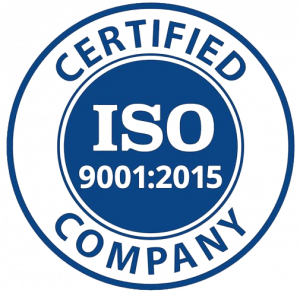Adapting to Regulatory Changes in Global Logistics in Saudi Arabia
Saudi Arabia’s logistics sector is undergoing rapid transformation, driven by regulatory reforms, digital innovation, and Vision 2030’s ambitious goals. For global logistics providers and businesses operating in the Kingdom, adapting to these regulatory changes is essential for success and competitiveness.
Key Regulatory Changes in 2025
-
The Transport General Authority (TGA) has introduced new measures to ensure compliance, promote fair competition, and streamline customs procedures, making logistics operations more efficient and transparent.
-
The implementation of electronic data interchange (EDI) systems by the Saudi Customs Authority has expedited clearance processes, reducing bottlenecks at borders and ports.
-
A new Investment Law, effective since February 2025, aims to boost foreign investment and simplify business operations for international logistics firms.
-
The government is focusing on simplifying regulations and incentivizing private investment in logistics infrastructure, including public-private partnerships for developing ports, airports, and logistics parks.
Impact on Logistics Operations
-
Enhanced Efficiency: Regulatory changes have streamlined transportation safety and customs procedures, reducing delays and improving the overall efficiency of logistics services.
-
Supply Chain Resilience: The evolving regulatory landscape, combined with economic factors like oil price fluctuations and inflation, requires logistics providers to diversify suppliers, routes, and transport methods to minimize disruptions.
-
Digital Transformation: The adoption of technologies such as AI, IoT, and blockchain is being encouraged by regulatory support, enabling real-time tracking, predictive analytics, and automation in logistics processes.
-
Sustainability and Cold Chain Logistics: Regulatory focus on sustainability has led to advancements in cold chain logistics, supporting the distribution of pharmaceuticals and fresh produce, and aligning with Vision 2030’s environmental goals.
Strategic Adaptation for Businesses
To thrive in this dynamic regulatory environment, logistics providers and international businesses should:
-
Stay Informed: Monitor regulatory updates from the TGA and Saudi Customs to ensure compliance and leverage new opportunities.
-
Invest in Technology: Embrace digital solutions for documentation, tracking, and data analytics to meet regulatory requirements and enhance operational efficiency.
-
Build Local Partnerships: Collaborate with local and regional partners to navigate regulations and benefit from government incentives and infrastructure projects.
-
Focus on Sustainability: Align logistics strategies with Saudi Arabia’s sustainability initiatives, such as the Saudi Green Initiative, to meet both regulatory and market demands.
Conclusion
Saudi Arabia’s regulatory reforms are creating a more business-friendly and efficient logistics environment. By proactively adapting to these changes—through compliance, digital transformation, and strategic partnerships—global logistics providers can capitalize on the Kingdom’s growth and its emergence as a major global logistics hub under Vision 2030


